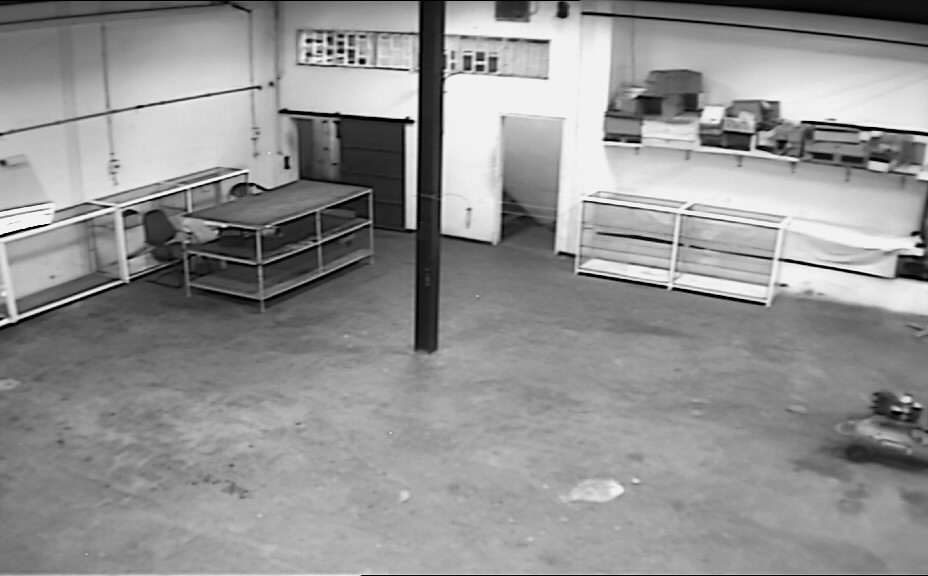Live cameras: Angola
Angola
Angola is a country in southwestern Africa. Angola has four times more inhabitants than Germany. The capital is Luanda with a population of almost seven million people. In the north, on the shores of the Atlantic Ocean, there is a small province of Cabinda. It also belongs to Angola, but is located outside the country proper and is therefore an exclave.
Angola is located in the tropics. While there is a lot of rain in the north and on the coast, the southwest is very dry and quite deserted. Between them lies the highlands. Angola has a young population with a large number of children and teenagers. The official language is Portuguese. In addition, many local languages are spoken. Half of the people are Catholics, but there are also many followers of free churches.
The name of the country comes from the name "Ngola", which was worn by the kings of Ndongo. They ruled one of the many empires on the territory of the Congo River. At this time, the Portuguese landed on the coast and took possession of these kingdoms. Angola was a Portuguese colony until the state became independent in 1975.
Immediately after that, a bloody civil war began. Communist groups fought groups that sided with the West during the Cold War. The Communist side was stronger, but the war did not end until 2002. Since then, former opponents of the war have been participating in democracy. But there is still a lot of corruption in politics.
Due to the civil war, there is little industry in Angola. Nevertheless, the country owns rich oil deposits, as well as diamonds and minerals mined in mines in the northeast. Angola is one of the countries that sell a lot of oil abroad. Most of the population works in agriculture. They raise cattle and goats and cultivate the fields. However, this is not enough for food, so it is necessary to import a lot of food into the country.
